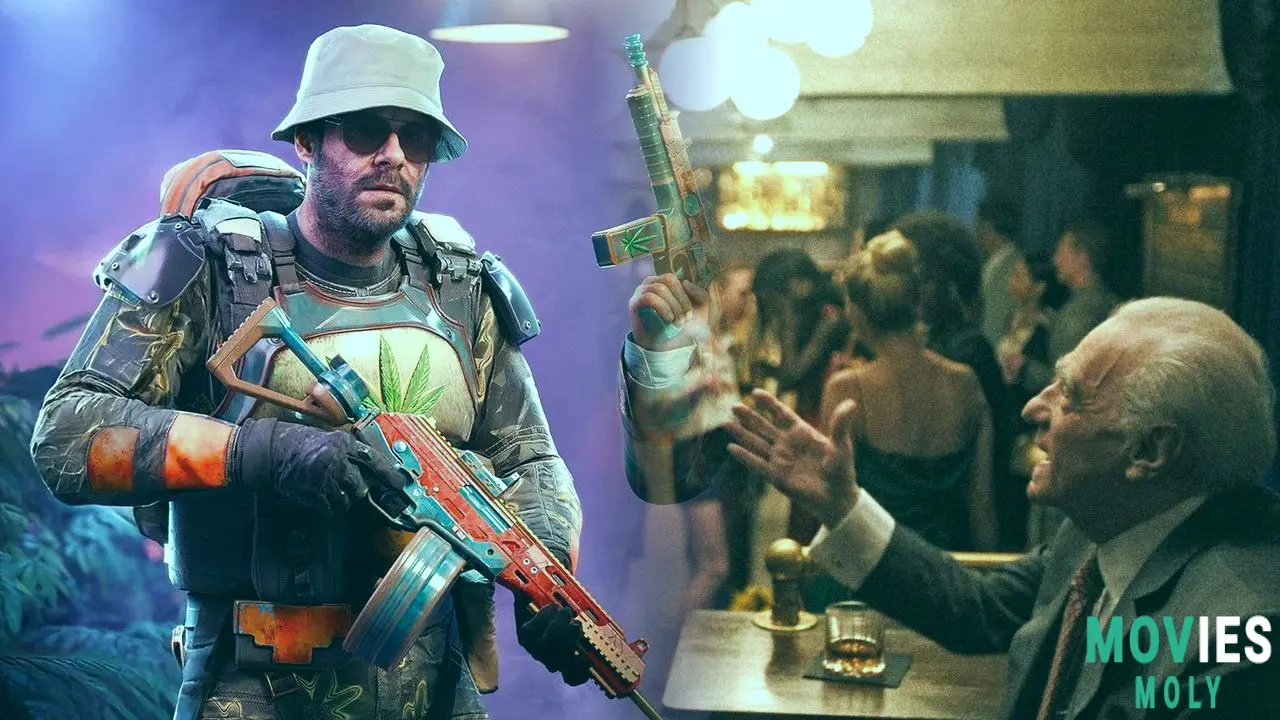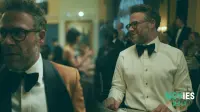Few creatives in Hollywood have navigated the minefields of comedy, cultural relevance, and creative control as deftly as Seth Rogen. Now starring, co-creating, and directing in Apple TV+’s sharp industry satire The Studio, Rogen isn’t just revisiting his comedic roots—he’s reinventing them. And he’s doing it with the kind of bold introspection that turns laugh-out-loud moments into something far more resonant.
The Studio Gave Rogen a Platform to Display His Creative MasteryIn The Studio, Rogen plays Matt Remick, a beleaguered studio head wrestling with toxic talent, corporate overlords, and social media storms—all while trying to make movies that matter. But behind the fiction, Rogen’s involvement runs deeper. As co-creator, director, and star, he’s pulling triple duty, much like the Marvel auteurs who write, direct, and cameo in their own universes. Only Rogen’s world is saturated with expletives, ego, and existential questions about what Hollywood *really* wants to sell.
His real-life directorial chops were put to the test in a wildly meta moment when Martin Scorsese guest-starred on the show. As Rogen himself admitted on The Tonight Show with Jimmy Fallon, he was “petrified” to direct the legendary filmmaker. Scorsese’s presence wasn’t just a stunt—it was a statement. And the way Rogen handled it, including secretly preparing a second camera crew as a safety net, speaks volumes about his growth behind the lens.
Rogen’s Fear of Scorsese Reveals His Deep Respect for the Craft
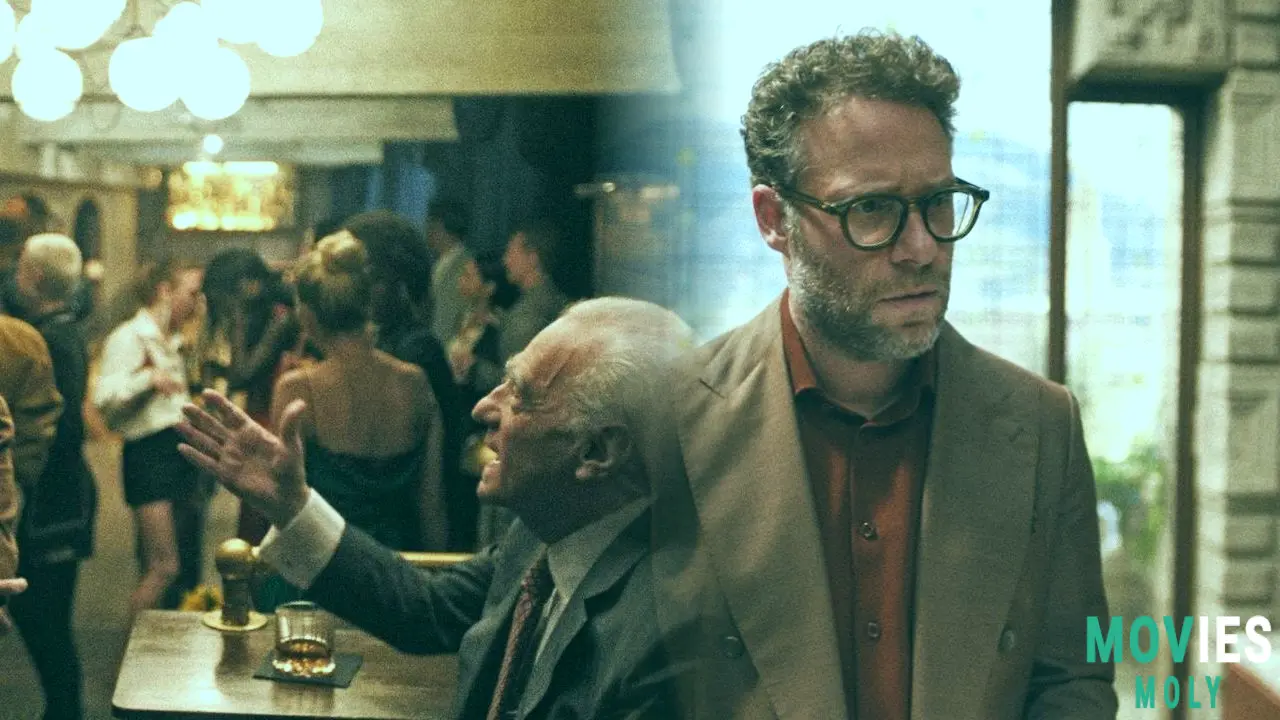
It’s easy to joke about Rogen’s nervousness—after all, he’s built a career on improvising with the best of them. But there’s something powerful in his admission that he over-prepared for Scorsese’s scenes. Especially considering they were shot in one continuous take with a single camera, a method more aligned with auteur filmmaking than sitcom spontaneity. Rogen’s gamble to trust his instincts—and still plan for failure—mirrors the kind of creative risk that separates good directors from great ones.
And Scorsese himself chimed in behind the scenes, humorously critiquing Rogen and co-director Evan Goldberg for their “too many expletives” habit. Rogen’s retort? “We learned it from you!” It’s a perfect microcosm of The Studio’s tone: reverent, rebellious, and unafraid to poke fun at even the giants of the medium.
The ‘Casting’ Episode Showcases Rogen’s Willingness to Wrestle With Race and Perception
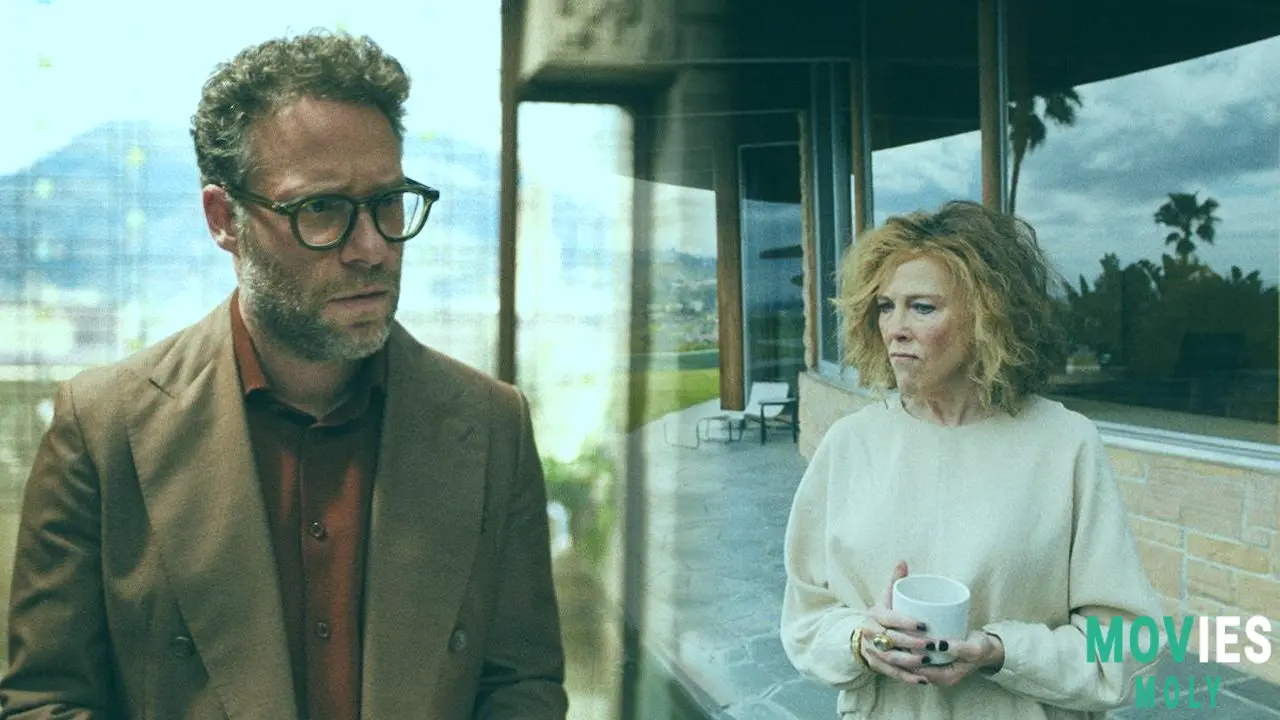
If the Scorsese episode was a masterclass in directing ego, Episode 7 (“Casting”) was Rogen’s most daring dive into the cultural minefield of modern representation. In a cringe-comedy sequence straight out of a Wachowskis-meet-Veep fever dream, Rogen’s fictional studio grapples with the racial optics of casting Ice Cube as the Kool-Aid Man. The result? A chaotic scramble that sees the cast’s race shift multiple times, spawning backlash from every imagined angle.
Rogen has said he was genuinely “petrified” pitching this concept to Ice Cube and Ziwe. The latter’s reputation for making white interviewees squirm means Rogen wasn’t just selling a joke—he was asking for permission to satirize the very conversations that now dominate Hollywood boardrooms. And he got it. This isn’t safe comedy. This is comedy that holds a mirror up to the industry—and trusts the audience to see the reflection.
Behind the Jokes: Rogen’s Insight Into Pitching and Creative Survival
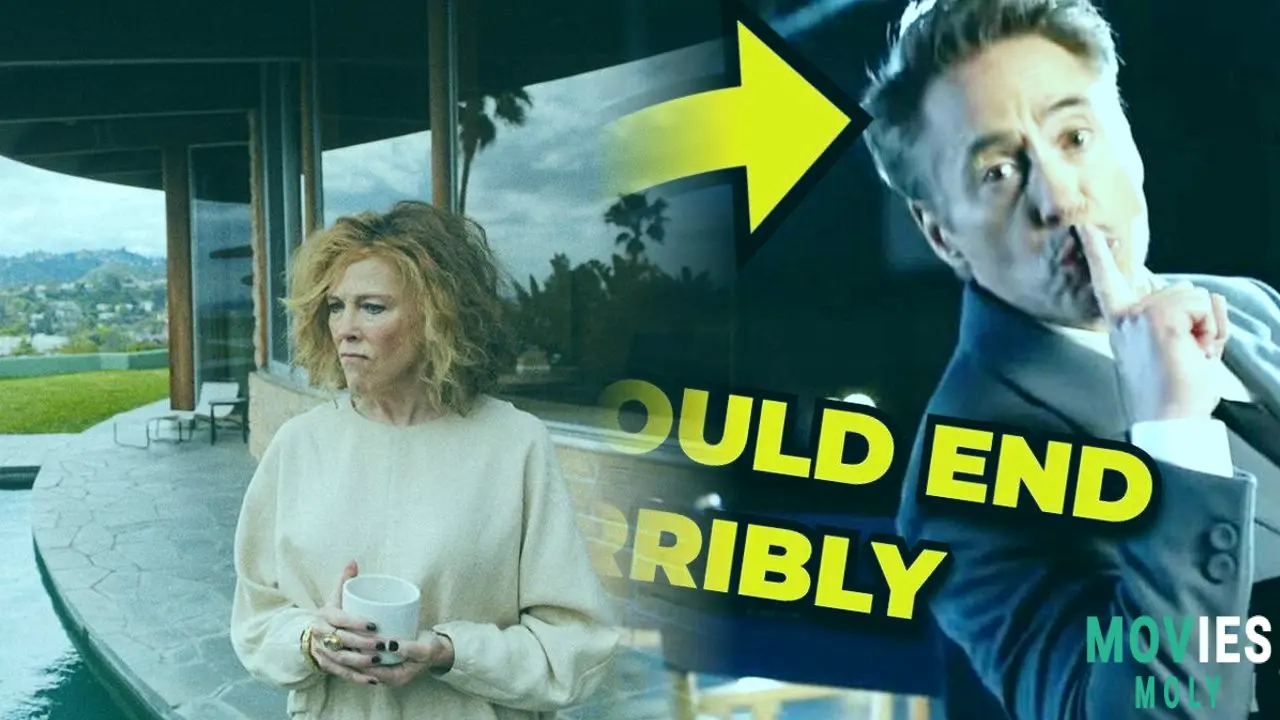
Rogen’s onscreen persona might be bumbling and frantic, but offscreen, he’s a seasoned pro when it comes to pitching and storytelling. On Apple Music’s Zane Lowe podcast, he broke down how he sold ideas like Neighbours by zeroing in on key comedic set-pieces rather than just loglines. It’s the same approach that works in comics and blockbusters: sell the *moment*, not just the plot.
What’s more, Rogen encourages creators to embrace spontaneity and avoid creative rigidity—a philosophy that’s clearly informed his work on The Studio. He even advises using projects as a way to work through personal frustrations or neuroses. It’s the kind of introspective advice that turns genre fans into auteur followers. Think of it as the Guardians of the Galaxy of filmmaking wisdom—fun on the surface, but with emotional resonance under the glitter.
Seth Rogen Isn’t Just Making Comedies. He’s Chronicling a Cultural Revolution
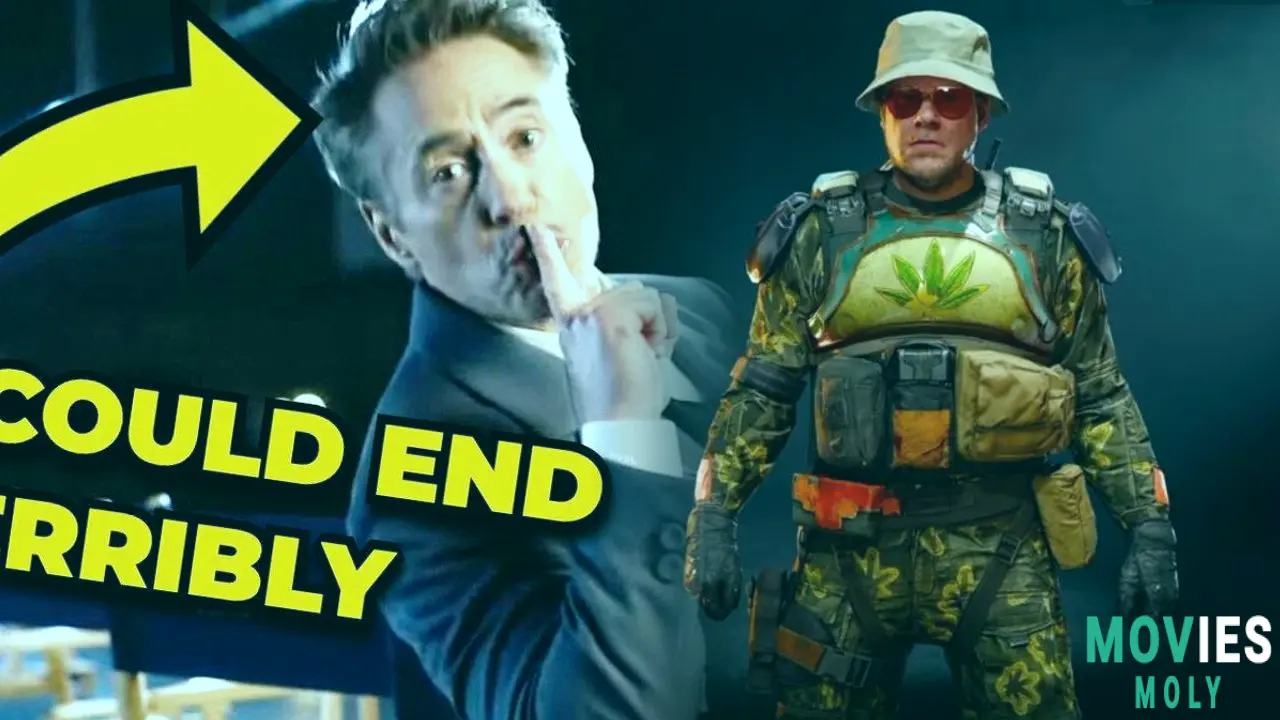
What makes Rogen’s current phase so compelling is that he’s no longer just trying to make people laugh—he’s engaging with *how* and *why* we laugh in the age of cancel culture, streaming wars, and brand-safe mediocrity. The Studio isn’t just a show about a film company. It’s Seth Rogen’s commentary on the ecosystem he’s been a part of for decades.
And he’s doing it with enough swagger to lure Martin Scorsese into the mix, and enough humility to let that same legend poke holes in his directing style. That’s not just confidence. That’s creative maturity.
Whether he’s awkwardly explaining a racialized Kool-Aid Man concept to Ziwe, or nervously steering a scene with Scorsese through one-take improvisation, Seth Rogen is proving something important: you don’t have to abandon what made you popular to grow as an artist. Sometimes, you just have to lean into it harder—and smarter.

